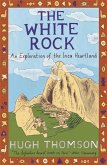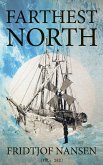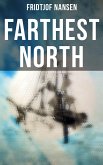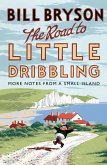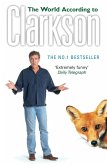In 1952, at the age of twenty-seven, Mohan Rakesh undertook a journey to south India, travelling by bus, train and steamer along the western coast from Bombay to Kanyakumari. Young and ardent, he dreamt of the wide expanse of sea that would make up for a childhood spent in Amritsar's narrow lanes, and had visions of comely guides who would look kindly upon his wandering. But once he set out from Delhi on a train to Bombay, his visions slipped away and complex reality took over. To the Farthest Rock is a remarkable account of the hope and despair that characterized post-Independence India. Rakesh had only published a few short stories when he quit a teaching job in Shimla in order to travel, but readers who know his later work will recognize his skill with portraits of people and his exceptional ability to render fluctuations of feeling. Set against the verdant coastal landscape of Goa and Kerala, this absorbing travelogue is a fine introduction to the mind of one of Hindi's greatest novelists and playwrights.
Dieser Download kann aus rechtlichen Gründen nur mit Rechnungsadresse in A, D, L ausgeliefert werden.



